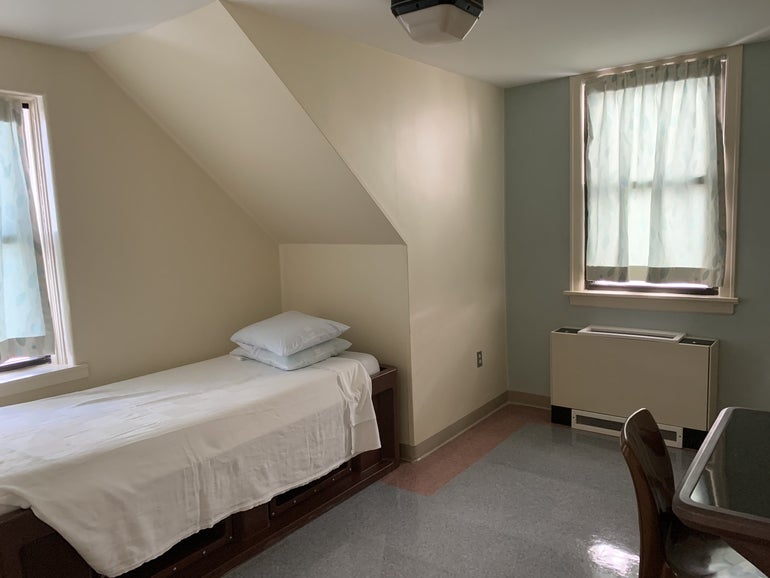As Massachusetts feels the lasting effects of postponed health care during the COVID pandemic, a new report shows members of the government MassHealth plans spent the highest percentage of their total healthcare spending on both behavioral health services and primary care visits compared to other commercial and government insurance plans.
“The latest data shows the level of investment in primary care and behavioral health services varies significantly across payers and providers, illuminating potential gaps in access to these vital services,” Lauren Peters, executive director of Massachusetts Center for Health Information & Analysis, said in a Tuesday press release. “CHIA’s reporting on this topic creates accountability and provides valuable insights to promote fact-based policymaking and market reforms in Massachusetts.”
CHIA’s Massachusetts Primary Care and Behavioral Health Spending report examined primary care and behavioral health spending data for members enrolled in private commercial, state government, and federal government insurance programs in 2021 and 2022. For the state’s MassHealth program, CHIA specifically looked at Medicaid MCO/ACO-A members, and for the federal program, the report examined Medicare Advantage plan members.
Medicaid MCO/ACO-A plans had by far the largest proportion of their total healthcare spending allocated to behavioral health. Defined as spending for both mental health and substance use disorder combined, the program had behavioral health spending account for 20.1% of its total healthcare spending in 2022, totalling $561.6 million. In stark contrast, commercial health plans spent 7.5% ($1.4 billion) of total healthcare spending on behavioral health while Medicare Advantage spent 2.2% ($58.4 million).
Behavioral health spending encompassed mental health and substance use disorder services provided at healthcare settings including residential care, inpatient treatment, outpatient programs, and outpatient office visits. For Medicare Advantage plans, prescription drug costs made up the largest portion of mental health spending at 39.3%.
Outpatient services delivered by non-primary care providers made up the largest portion of mental health spending for commercial and MassHealth plans at 55.2% and 46.4%, respectively.
MassHealth’s significant behavioral health spending is partly attributable to a higher percentage of its members having a primary behavioral health diagnosis when compared to other insurers, according to the report.
Mirroring the trend in overall behavioral health spending for 2022, MassHealth plans had the highest proportion of primary care spending, which made up 7.5% ($208.1 million) of the plan’s total health expenditures. Commercial plans followed, spending 6.8% ($1.3 billion) on primary care and Medicare Advantage spent 4.1% ($107.9 million).
Primary care office visits accounted for the largest share of primary care spending in 2022, making up 69.7% of Medicare Advantage primary care spending, 51.2% for commercial plans, and 35.5% for MassHealth plans. These office visits included professional evaluation and management services by a primary care provider either in an office or outpatient setting.
Mica Kanner-Mascolo is a staff writer at Worcester Business Journal, who primarily covers the healthcare and diversity, equity, and inclusion industries.

